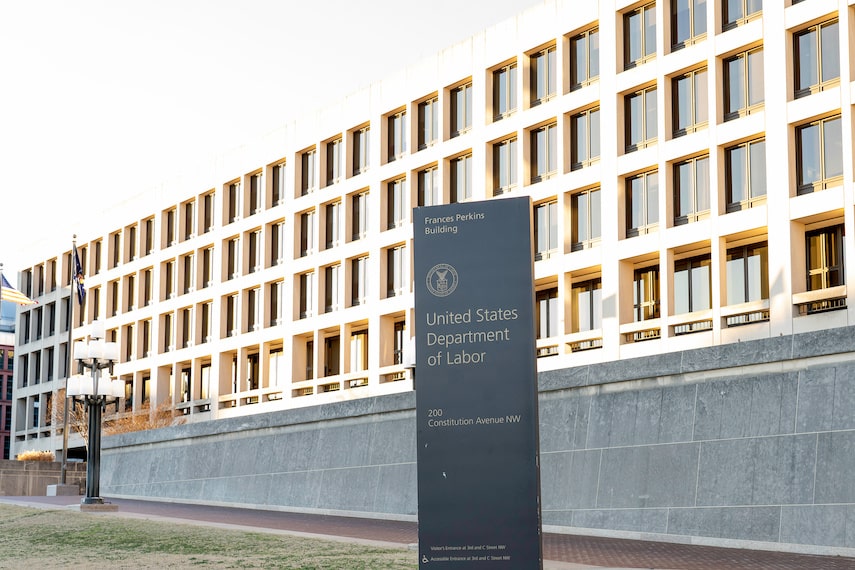The Department of Labor (DOL) intends to end the defense of its ESG investing rule in pending litigation in the 5th circuit. The rule allowed ESG factors to be considered by ERISA fiduciaries when making investment decisions. However, that rule was challenged by a coalition of Republican Attorneys General. Instead of continuing the defense of the rule, the DOL stated in a letter to the court that it will be pursuing new rulemaking on this issue:
“On April 25, the government informed the Court that the Department of Labor had determined that it intended to reconsider the rule that is challenged in this case, including by considering whether to rescind the rule. On April 28, the Court directed the government to inform the Court ‘what specific actions the Department will take, if any, as a result of its reconsideration of the challenged rule—either to maintain the rule or to rescind it.’ This letter responds to that directive. The Department has determined that it will engage in a new rulemaking on the subject of the challenged rule. This rulemaking will appear on the Department’s Spring Regulatory Agenda, and the Department intends to move through the rulemaking process as expeditiously as possible.”
The ESG rule was valuable to asset managers and was commonly cited in defense of ESG investment decisions. Without it, we may see more cases like the lawsuit against American Airlines, where a district court judge found that ESG investing in employee retirement plans violated the fiduciary duty. However, the end of the ESG investing rule doesn’t come as a surprise and we’ve expected this action for some time now. Though the possibility of new rulemaking could leave us not only without an ESG investing rule, but with a new rule that actively suppresses ESG investment.
Members can read more about sustainable finance here.
Are you a client of one of our Partners? Contact them for exclusive pricing packages for PracticalESG. Or sign up now and take advantage of our no-risk “100-Day Promise” – during the first 100 days as an activated member, you may cancel for any reason and receive a full refund. But it will probably pay for itself before then.
Photo Credit: JHVEPhoto – stock.adobe.com










